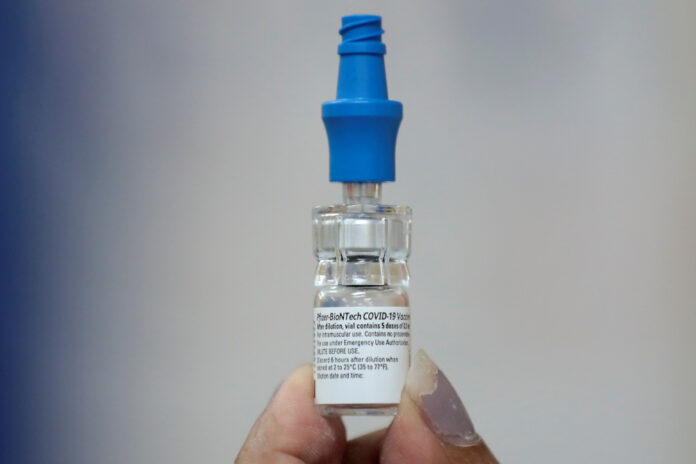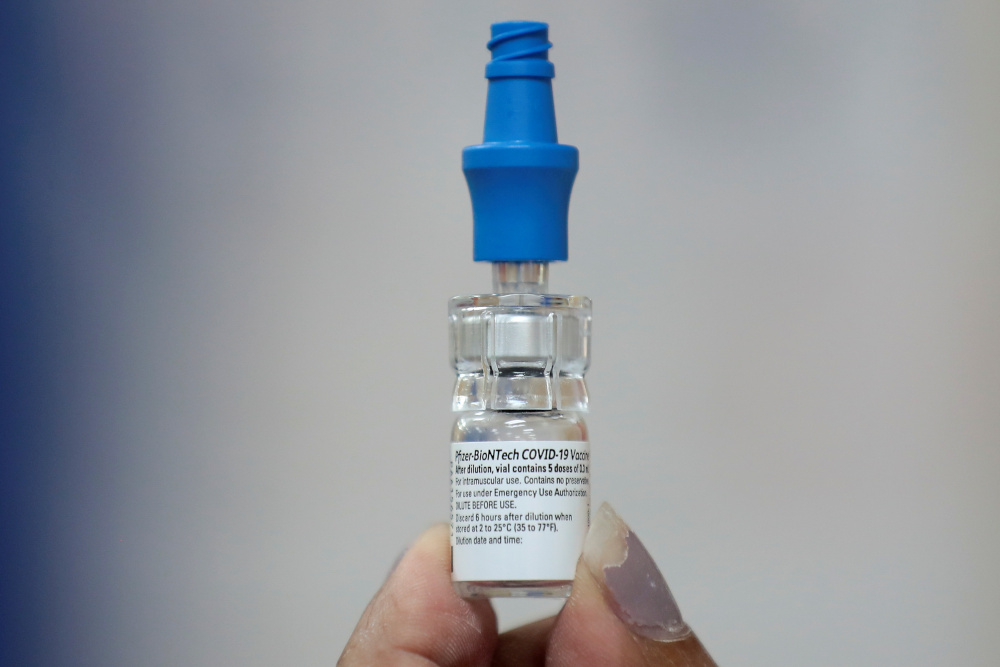Subscribe to our Telegram channel for the latest updates on news you need to know.
KUALA LUMPUR, March 30 — The move by the European Union (EU) to restrict export of Covid-19 vaccine due to the spectre of a deadly third wave infection and India’s move to suspend vaccine export as infections soar across the country is a cause of concern for the world.
Coupled with the United States’ (US) action in blocking export of raw materials for the vaccine production in order to ramp up production for the Pfizer BioNTech’s vaccine — Comirnaty — for the US market, many non-vaccine producing nations have reasons to fear that they could be facing a vaccine shortage.
The world has been following with concern the United Kingdom and EU’s vaccine tussle over the last few weeks after the latter threatened an export ban on Covid-19 vaccine. India’s suspension of the vaccine export is also disappointing as the move will keep many of the world’s poorest nations waiting for the Covid-19 vaccine.
However, experts in Malaysia feel the restriction of vaccine export is unlikely to have significant impact on the national Covid-19 immunisation programmes and any shortages are only temporary.
University of Malaya’s Epidemiology and Public Health expert Professor Dr Sanjay Rampal Lekhraj Rampal says any delay in delivery of the vaccine may not significantly affect vaccination strategies in the short to mid-term period.
Dr Sanjay Rampal feels the shortage is due to acute global demand rather than export restrictions, and will be overcome in the near future as producers too will be ramping up production.
Moreover, many countries, including Malaysia, have their own strategies in getting the vaccine. This include acquiring several vaccine portfolios to ensure adequate supply of vaccines for the population.
He provided Malaysia as a good example of a country that plan ahead for the vaccine procurement.
“Malaysia is lucky that the government has made arrangement to vaccinate 110 per cent of the population.
“Based on the strategic plan, 90 per cent (of) Malaysians should still have access to vaccines even without the AstraZeneca vaccines,” he said to Bernama.
Meanwhile, international security expert Prof Dr Kamarulnizam Abdullah from Universiti Utara Malaysia also concurs with Dr Sanjay Rampal that procuring the vaccine from multiple sources and considering different vaccines is the way forward.
“Malaysia’s strategy in not solely relying on Pfizer-BioNTech or AstraZeneca, and getting it from multiple sources could provide the alternatives in keeping the vaccination programme on track, even if some shortages happen.
“China is conducting vaccine diplomacy by offering assistance to countries that might not be able to outsource the vaccine from Europe or India,” he said pointing out other sources available in the event of any shortages at other suppliers.
On addressing the global inequality in Covid-10 vaccine distribution, especially for the less developed countries, Kamarulnizam said richer nations with oversupply of vaccines should offer it to poor countries in the efforts to ensure the global fight against the pandemic is successful.
To ensure fair distribution of the vaccine, the distribution should be coordinated by the World Health Organisation (WHO) or the United Nations (UN) so that it reaches the poor countries too.
“But rich countries, like the US and the EU, must be part of this effort,” he said.
Malaysia rolled out its national Covid-19 immunisation programme on Feb 24 with Pfizer-BioNTech vaccines followed by China-made Sinovac vaccines beginning March 18.
According to Health Minister Datuk Seri Dr Adham Baba, Malaysia previously bought 12.8 million doses of Pfizer-BioNTech vaccines and added another seven million doses to cover 50 per cent of the country’s population.
He added that the Health Ministry also agreed to purchase 12 million doses of fill and finish Sinovac vaccines from Pharmaniaga Lifescience Sdn Bhd, apart from 200,000 doses of final product from Beijing.
Besides Pfizer-BioNTech and Sinovac vaccines, Malaysia have also signed agreements to procure AstraZeneca, CanSino and the Sputnik V vaccines to widen its vaccine portfolio.
Malaysia had targeted to inoculate 9.4 million people under the Phase 2 of the programme which will begin in April. — Bernama



